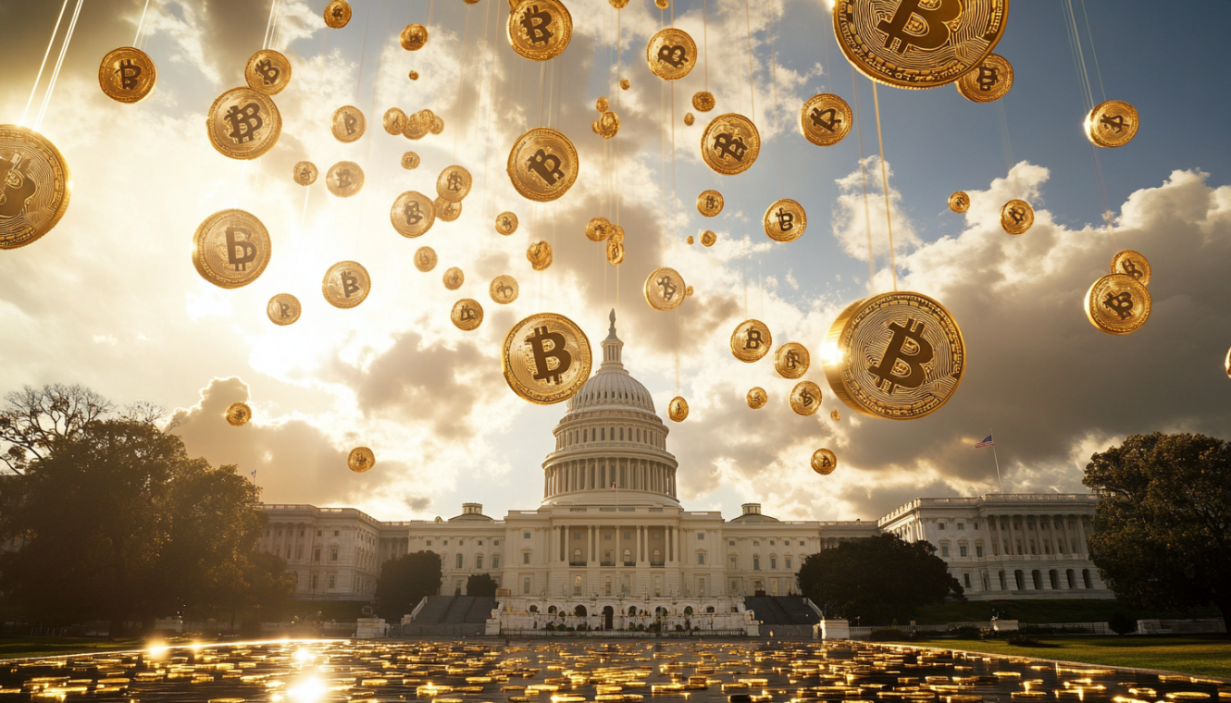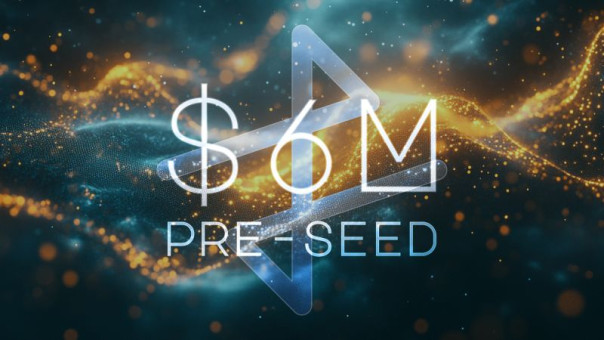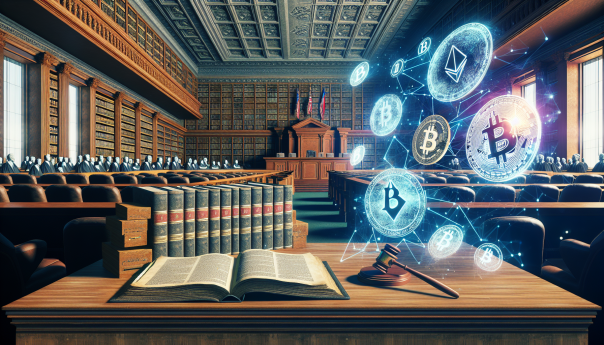US Lawmakers Say Airdrops Are Good, SEC's Gary Gensler Is Not
Concerns Over SEC's Crypto Policies
September 18, 2024 07:57 AM
Reading time: 2 minutes, 48 seconds
TL;DR Representative Tom Emmer (R-MN) and Chairman of the House Committee on Financial Services Patrick McHenry (R-NC) have raised concerns with SEC Chair Gary Gensler about how the regulator views crypto airdrops. They argue that a lack of regulatory framework prevents Americans from participating in these blockchain-based incentives.

In a letter to the U.S. Securities and Exchange Commission (SEC) Chair Gary Gensler, Representative Tom Emmer (R-MN) -- the House Majority Whip -- expressed concerns about how the regulator views crypto airdrops under the lens of securities law.
The letter, co-signed by Chairman of the House Committee on Financial Services Patrick McHenry (R-NC), pointed to a lack of regulatory framework in the United States regarding digital assets, which is why Americans are blocked from claiming airdrops.
Regulatory Uncertainty
Seeking clarification, Emmer and McHenry accused Gensler and the SEC of putting their thumb on the scale and preventing Americans from shaping the next Internet iteration.
"Airdrops play an important role in incentivizing participation in blockchain-based applications, which, in turn, contribute to the continued development, initial governance, and ultimate decentralization of these networks," Emmer said. "Chairman Gensler's tenure at the SEC has been characterized by regulation by enforcement and has resulted in widespread uncertainty and fewer opportunities for Americans."
What Are Airdrops?
Airdrops refer to instances where tokens -- whether fungible or non-fungible (aka NFTs) -- are distributed to eligible wallets from a project.
They're often done to reward early users and contributors or to motivate further engagement with a crypto protocol or project. However, in an apparent effort to avoid potential regulatory issues, many projects block U.S. citizens from accessing the airdrop websites and claiming tokens. Some examples of token airdrops in 2024 that blocked users in the United States include Saga, Tensor, and NIM.
Legal Precedents
One prominent example of the SEC's calling out airdropped tokens was in 2023 when the agency charged Tron founder Justin Sun and celebrity endorsers Jake Paul and Lindsay Lohan with various securities violations.
Emmer has repeatedly criticized the SEC under Gary Gensler. In November, He again accused the Biden Administration and the SEC of "regulation by enforcement," going so far as to write on Twitter that Gensler is "as ineffective as he is incompetent."
Calls for Clarity
In the new letter, Emmer and McHenry requested that Gensler clarify the SEC's position by September 30 on whether distributing non-security digital assets for free triggers the Howey test -- and, if so, under what specific conditions.
They also asked how the SEC differentiates between rewards given for free and digital assets airdropped to individuals. "As you know, the ethos of crypto and blockchain technology is premised in decentralization," they wrote. "Yet, the SEC's regulatory approach seems to make the goal of decentralization impossible to obtain."
Potential Impacts
The Congressmen also inquired about the potential impact on the existence and functionality of on-chain applications if these tokens are classified as securities. Thus, every transaction is subjected to SEC scrutiny.
They also questioned whether the SEC had quantified the potential market impact should any digital assets be classified as securities and if the SEC has ever considered the possible adverse effects on economic growth and tax revenue resulting from its treatment of airdropped assets as securities.
"By prohibiting Americans from participating in airdrops, the SEC is preventing American crypto users from fully realizing the benefits of blockchain technology," Emmer said.
Emmer concluded that the SEC's approach during Gensler's tenure as Chair has only ensured that the next iteration of the Internet is not designed by Americans or with American values, which is not beneficial to our constituents.



